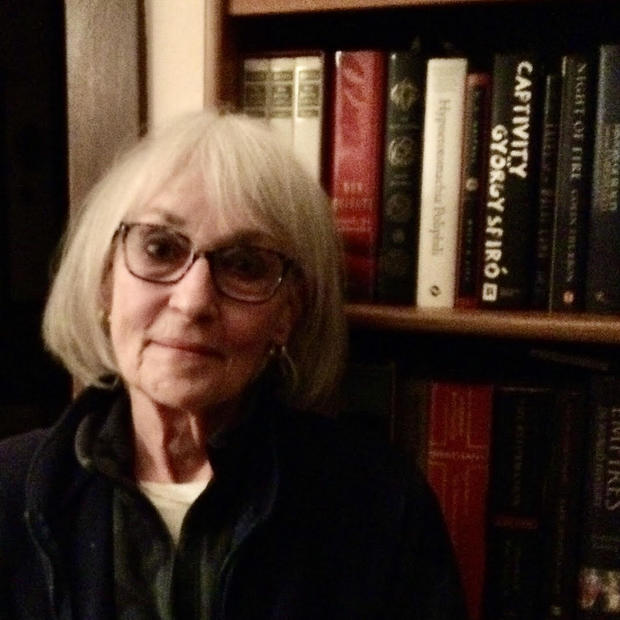Once while I was phone-banking, a woman I’d called interrupted my briefing on a political issue involving human services with a question. “Do you know what ‘Thy kingdom come’ means?” she asked. “Um, I think so,” I replied. “Well,” she said, “that’s why I don’t bother voting. I only have time for church stuff. When the Rapture comes, I don’t want to be left behind — you know, slaughtered.”
In the Last Days she didn’t want to elect anybody. She wanted, you know, to be Elect. She wanted to be among the few swept up to Heaven where, as in an old fresco or in the Lahaye/Jenkins Left Behind series, the virtuous smile down on infidels being hacked to gruesome smithereens back here on earth.
In a lecture series on the life of Paul a couple of weeks ago at University Congregational United Church of Christ, author and theologian John Dominic Crossan presented a rather different view of heavenly justice. Some Christians, he said, would like to argue that the Old Testament God is the “bad cop” and the N.T. God the “good cop.” But a Bible concluding in "Revelation," which Crossan called “the most relentlessly violent book in the canonical literature of all the world’s religions,” certainly suggests that vengeance, retribution, and punishment are part of God’s “job description.”
How do we figure out the character of God? It seems “a mix,” said Crossan, “a cocktail.”
Crossan began answering his question by pointing out that the Bible first mentions “sin” not in the Eden story but in the story of Cain the murderer. And God, by not punishing Cain with a horrible death, set the primary example of avoiding the primal sin of “escalatory violence.”
Soon Crossan’s lecture turned to the Gospels. God’s son isn’t a blend of violence and nonviolence, he said, but unmixed nonviolence and love, and the son reflects the nature of the father. When the son says, “My kingdom is not of this world,” he doesn’t mean that Heaven is a future Paradise with Papa, at last accessible in the Last Days. “My kingdom” means a world here and now that doesn’t play by Caesar’s rules, where people don’t live for wealth, power, and tit-for-tat. The Christian “norm,” said Crossan, is the “nonviolent revolutionary” who rode to Jerusalem not on a martial charger but on a female donkey, in mockery of Rome-style war and conquest. God’s nature is reflected in the son who loved and gave to everyone, including the poor, sick, and oppressed, showing that the justice of “Thy kingdom come” is “not retributive justice, but distributive justice.”
Crossan might have replied to the question asked by the woman on my call list, “Yes, I know the meaning of ‘Thy kingdom come.’ It means ‘Let’s make sure everyone on earth gets a fair share.’” In other words, let’s build a solid, effective system of human services, plus go out there and give in person, generously, to the people we meet. He’d have given the woman good reason not to waste time fearing retribution from a violent God, and maybe to vote my way on the issue I called her about.
You can watch a video of the sermon Crossan gave at UCUCC the day after his series ended, “Walking the Way of Nonviolence: Is the God of the Christian Bible Violent?", which picks up some of his lecture themes. This charming, funny talker has surely kissed the blarney stone.


